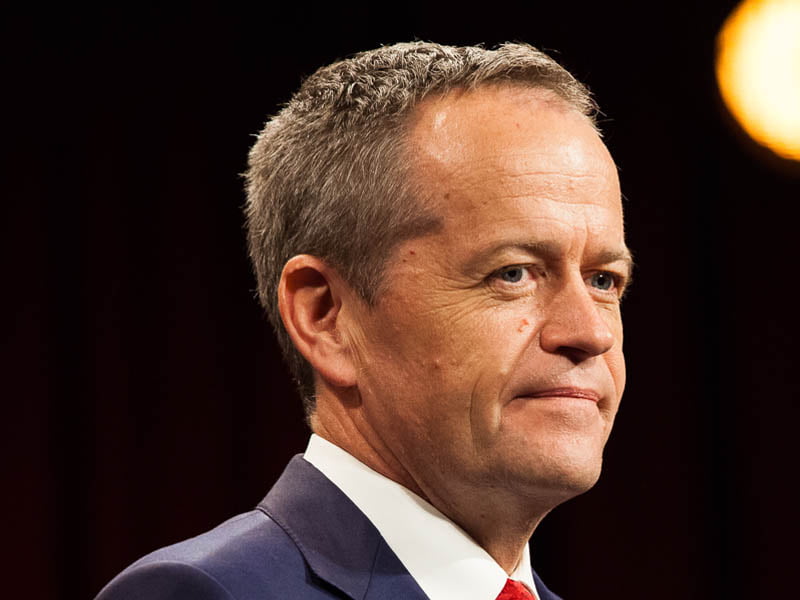Federal Labor will crack down on the gig economy and the casualisation of workers if it wins the next election, Opposition leader Bill Shorten said during a by-election pitch to the unions.
In the major speech to the ACTU congress in Brisbane on Tuesday night, Mr Shorten laid out the Opposition’s industrial relations policy plan, with promises to restore penalty rates, end sham contracts and ‘phoenixing’ and to provide proper conditions for those working in the gig economy.
The Labor leader briefly touched on the gig economy, saying it treats people like “mere commodities”.

“I do not want us to be a nation where adults and working people have to work two and three and four jobs, just to make ends meet, just to be above the poverty line,” he said.
“I do not want creeping casualisation and insecure work, the so-called ‘gig economy’ which means people and their labour are treated as mere commodities.”
“And I do not want, in this country, people trapped on a treadmill of low wages, of uncertain hours, where you find out your next day’s shift at work by text the night before, where the protections are stripped away and there is no-one to speak up for these people.”
Mr Shorten also said Labor would “tackle sham contracting and dodgy phoenixing”.
“We will not allow $2 companies to run and hide and go into liquidation when they owe their workers compensation. We will make every director in this country have a director’s number so if they rip off workers once, they don’t get that second chance,” he said.
The potential regulation of the gig economy has been a central political debate this year, with the notion backed by the Opposition.
Regulation would include legislation ensuring that those working in the gig economy are guaranteed the minimum wage, superannuation and other benefits associated with full-time work.
The unions have launched a major campaign on the issue, which Mr O’Connor backed earlier this year.
“If your business model can only succeed on the basis of undermining workers’ rights, avoiding workers’ entitlements and avoiding paying tax, that is not a model that Labor will support,” Mr O’Connor told InnovationAus.com earlier this year.
“As the nature of work changes, it’s vital governments and unions work with the tech and startup sector to ensure employees’ rights are respected and their conditions enhanced.”
A test case is also currently in court after the Fair Work Ombudsman launched legal proceedings against gig economy giant Foodora, alleging that the company engaged in “sham contracting,” resulting in the underpayment of three delivery workers.
The case is likely to test whether the gig economy practice of classifying workers as contractors rather than employees is legal under the Fair Work Act.
The ACTU is also pushing for better regulation of the gig economy.
“Workplace laws written before Uber and written before the global financial crisis are not able to do the job of ensuring a fair go for working people today,” ACTU chief Sally McManus said earlier this year.
“Technology has changed the workplace and the business model of the so-called gig economy sidesteps all the workers’ rights. Delivery drivers using apps have less rights than workers a hundred years ago.”
But the federal government has thrown cold water on the plans to curb the gig economy, with minister for small and family business, the workplace and deregulation warning against “over-regulation”.
Do you know more? Contact James Riley via Email.

